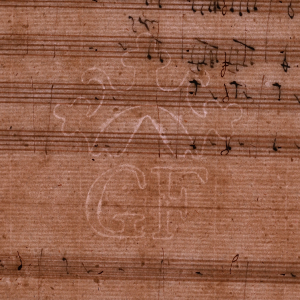- Function
-
- Composer
- Copyist
- Biography
João Jordani (1793-1860) was a violoncello and contrabass player, composer and copyist. Drawing on information obtained from his descendents, Vieira (1900, i, p. 556) stated that he was the son of the Apulian contrabass Michele Giordani (d.1810), who was contracted in Naples to become a chamber musician at the Portuguese court in 1777. João Jordani was trained by his father and acted as his substitute after his father’s death in 1810. In 1824, he was appointed as a teacher of string instruments at the Seminário Patriarcal (Fernandes 2009, i, p. 361) and also taught violoncello and contrabass at the music conservatory (Conservatório de Música) established in 1835. Jordani was self-taught as a composer (Vieira 1900, i, p. 557). According to Vieira, his vespers psalms for choir and four organs, composed for Mafra, were performed in 1825 (Azevedo 1985, pp. 81-82). After 1834 he was a composer of ballets and comic operas for the S. Carlos and Laranjeiras theatres, and also second, and later first, chapel master of Lisbon cathedral. As a composer of sacred music he wrote several large-scale orchestral masses, psalms and matins.
João M. B. de Azevedo, Biblioteca do Palácio Nacional de Mafra. Catálogo dos Fundos Musicais (Lisbon: Fundação Calouste Gulbenkian, 1985).
António Jorge Marques, A obra religiosa de Marcos António Portugal (1762-1830): catálogo temático, crítica de fontes e de texto, proposta de cronologia (Lisbon: Biblioteca Nacional de Portugal, 2012), pp. 818-819.
Ernesto Vieira, Diccionario biographico de musicos portuguezes: historia e bibliographia da musica em Portugal, 2 vols. (Lisbon: Typographia Mattos Moreira & Pinheiro, 1900), i, pp. 556-558.
- Source(s)
- Handwriting identifiers
-
- C-Clef
-
- Type 1
- F-Clef
-
- Type 2
- G-Clef
-
- Type 1
- Type 2
- Images
-
-




























